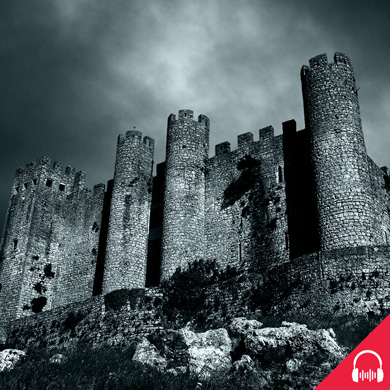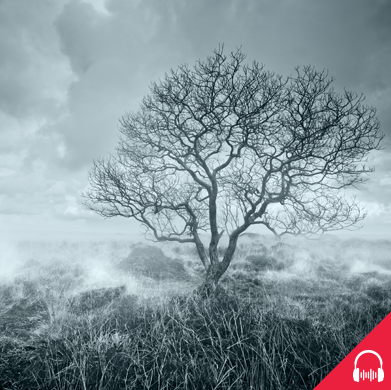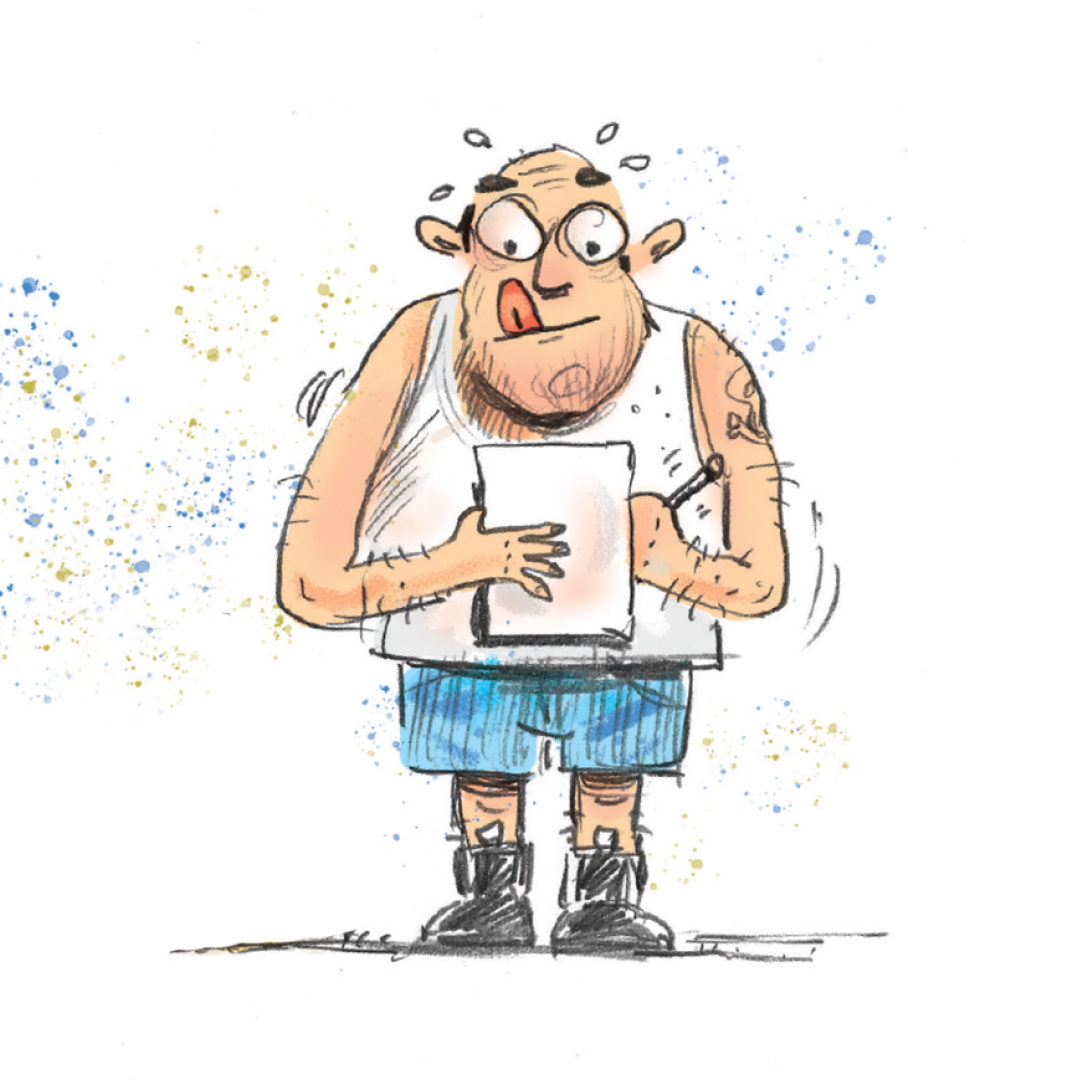Like waves wear away stone, pain erodes your quality of life
Of all psychiatric conditions, chronic pain is the most awfully constant, persistent and pervasive.
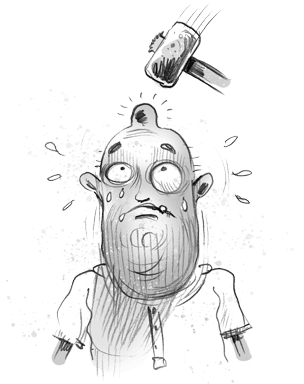
Depression follows chronic pain like night follows day
Chronic pain is the result of psychological factors that singly or in concert, magnify and amplify a patient’s suffering. It is a debilitating long-term condition that demands appropriate management.
Anxiety, depression, grief, stress, crisis, exhaustion. In a terrible self-perpetuating cycle, all of these will magnify and amplify the intensity of the chronic pain patient’s suffering. Anyone who has experienced relentless pain knows how brutally it can grind you down. Whereas for most of us sooner or later the pain abates, for the chronic pain sufferer, pain is a cruel, ever-present companion.
The metaphor we use to address chronic pain is, “the rocks, the sea and the magnificent tree”. Imagine a tree reaching for the sky at the top of a rugged cliff perpetually gnawed at by the pounding surf of an angry sea. The key message of the metaphor is don’t magnify the pain by looking down. You are the heroic tree that endures by reaching for the sky. The higher you rise the less you hurt.
Explore the latest news, research and reviews
Over-prescription, a widespread issue in the healthcare industry, refers to the excessive use of medications by healthcare providers. This practice not only leads to unnecessary costs but also poses serious risks to patients’ health.
Cognitive Distortions are irrational thoughts and perceptions that influence our emotions. We all experience cognitive distortions at some time or another and, while this is perfectly normal, in their more extreme forms these distortions can be extremely harmful. Here is a quick overview of common forms of cognitive distortion viewed through the revealing lens of visual metaphor.
People invest a lot of emotion in holding on to their beliefs. And they have a tendency to defend those beliefs very fiercely indeed. Sadly, the first casualties in a confrontation are all too often facts and logic. In fact, they frequently become quite irrelevant. When someone wishes to impress upon you the righteousness of their opinion; passion and volume are often their first weapons of choice.
In crisis
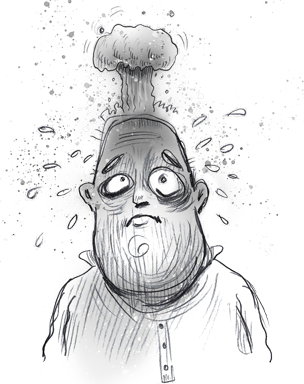
Anxious

Depressed
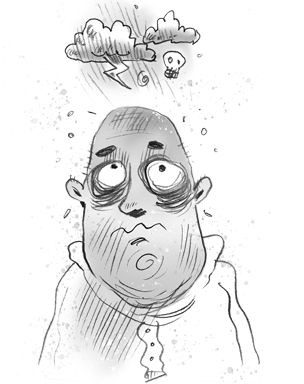
Addicted
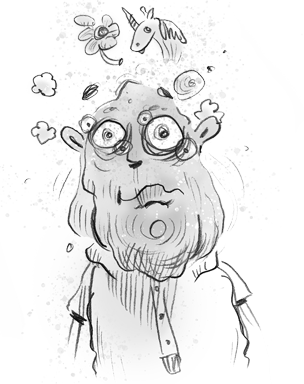
In pain

Please review our Privacy Policy to find out how we look after your information.
